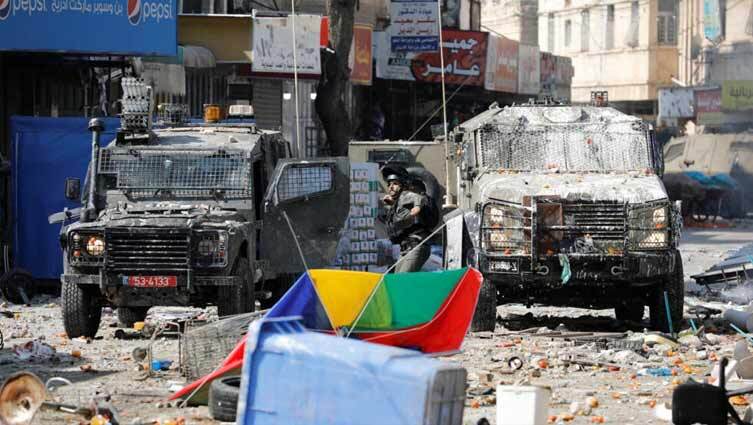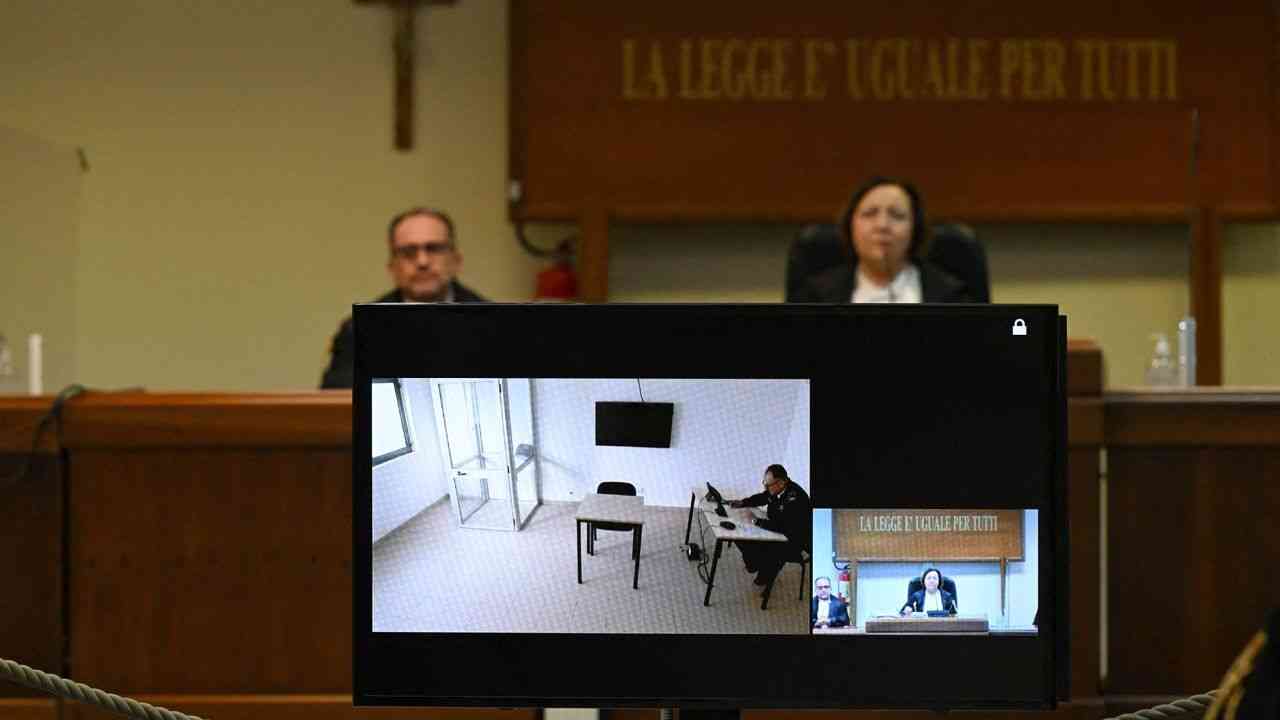Jordan will host a meeting on Sunday between top Israeli and Palestinian security and political officials with US participation to halt a recent surge in violence that has stoked fears of a wider escalation ahead of the holy Muslim month of Ramadan, officials said.
The discussions are part of Jordan’s stepped-up diplomatic engagement with Washington and regional partner Egypt to restore calm in Israel and the Palestinian territories in Gaza and the West Bank and trust between the two sides, the officials said, speaking on condition of anonymity.
The meeting is aimed at giving Palestinians hope for a political future, a senior Jordanian official told Reuters. If its objectives are achieved, “it will be reflected on the ground,” he said.
The meeting offers a chance to halt a surge in Israeli-Palestinian clashes in recent months that has sparked Arab anger and international concern about a slide back to a wider Israeli-Palestinian conflict.
“Such a meeting has not happened in years… It’s a major achievement to get them together,” said the Jordanian official, who also requested anonymity.
In previous years, clashes have erupted between Israeli police and Palestinians around Jerusalem’s Al Aqsa mosque at the height of the Ramadan fasting month that coincided with Judaism’s Passover and Christian Easter.
Jerusalem is holy to all three faiths. Jordan is the custodian of al Aqsa, a major mosque in Jerusalem’s Old City.
At least 62 Palestinians, including gunmen and civilians, have been killed this year, the Palestinian health ministry said. Ten Israelis and a Ukrainian tourist died in Palestinian attacks in the same period, according to Israel’s foreign ministry.
Earlier this month, Jordan’s King Abdullah met Biden and held talks with McGurk in which the U.S. – a staunch ally of Israel, Egypt and Jordan – warned of the threats to regional security and lobbied for a resumption of stalled U.S.-sponsored talks on Palestinian statehood.
Jordan has been concerned about stepped-up Jewish settlement building, and has accused Israel of trying to change the status quo in Jerusalem’s holy sites. Israel denies the allegation.
Right-wing Israeli Prime Minister Benjamin Netanyahu’s return to power has deepened Arab worries over policies that include accelerated Jewish settlement-building and tougher security offensives in Palestinian territories in the West Bank.
Most world powers view as illegal the settlements Israel has built on land it captured in a 1967 war with Arab powers. Israel disputes that and cites biblical, historical and political links to the West Bank, as well as security interests.



